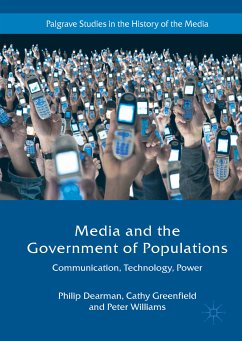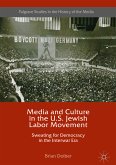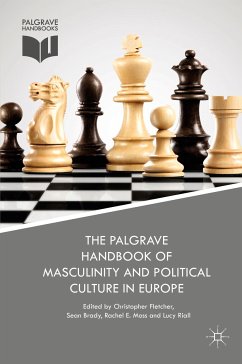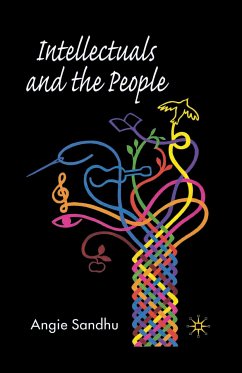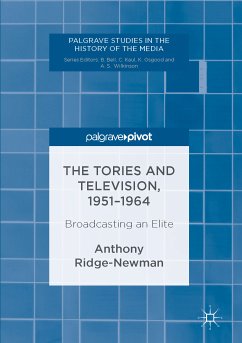This book deals with the social, cultural and especially political significance of media by shifting from the usual focus on the public sphere and publics and paying attention to populations. It describes key moments where populations of different sorts have been subject to formative and diverse projects of governing, in which communication has been key. It brings together governmentality studies with the study of media practices and communication technologies.
Chapters consider print culture and the new political technology of individuals; digital economies as places where populations are formed, known and managed as productive resources; workplaces, schools, clinics and homes as sites of governmental objectives; and how to appropriately link communication technologies and practices with politics. Through these chapters Philip Dearman, Cathy Greenfield and Peter Williams demonstrate the value of considering communication in terms of the governmentof populations.
Dieser Download kann aus rechtlichen Gründen nur mit Rechnungsadresse in A, B, BG, CY, CZ, D, DK, EW, E, FIN, F, GR, HR, H, IRL, I, LT, L, LR, M, NL, PL, P, R, S, SLO, SK ausgeliefert werden.

